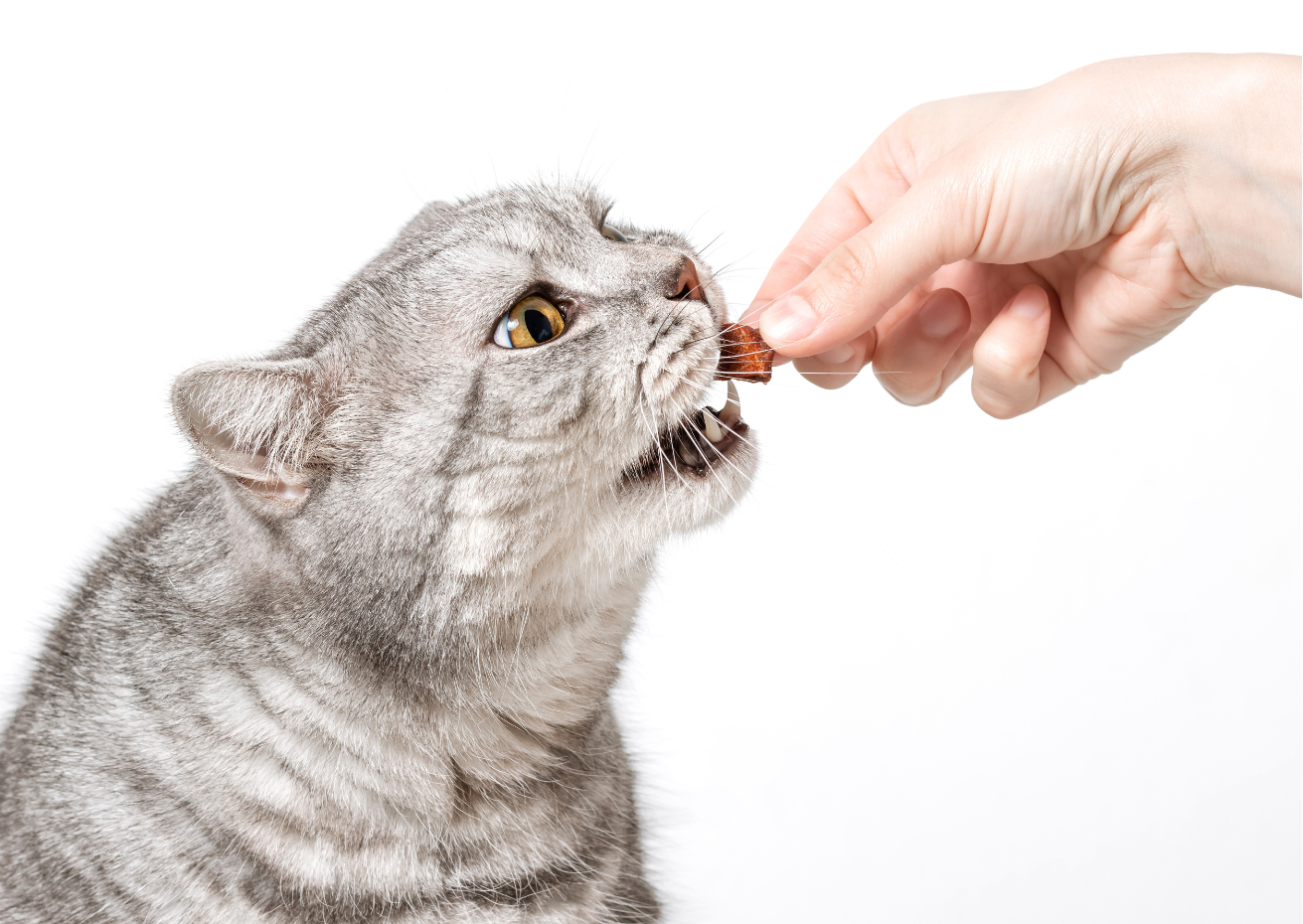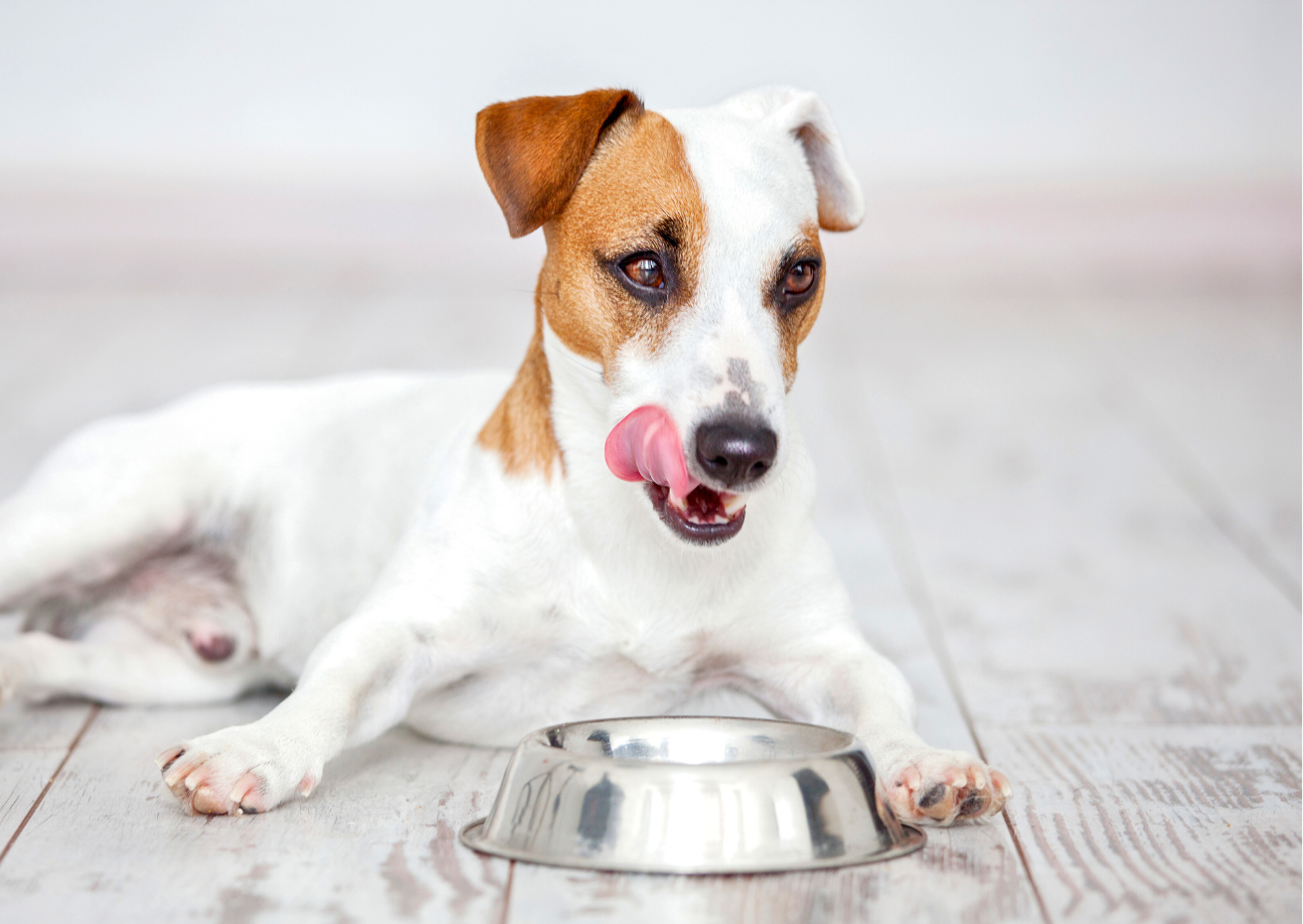KB BARF - Chicken livers 1kg
Subscription products in your shopping cart
Set one delivery frequency for all subscription products in your cart every:
Subscription products in your shopping cart
 KB BARF — Chicken liver for dogs and cats 1 kg
KB BARF — Chicken liver for dogs and cats 1 kg
Chicken liver is a popular ingredient in the BARF (Biologically Appropriate Raw Food) diet, aimed at providing pets with the most natural food possible. Liver plays an exceptional role in a raw diet, being a source of valuable nutrients. KB BARF — Chicken Liver 1 kg is an excellent source of high-quality protein, vitamins, and minerals essential in the diet of dogs and cats.
Ingredients: 100% chicken liver
Packaging: 1 kg
Analytical composition of KB BARF chicken liver:
- Moisture 77%
- Crude ash 1%
- Protein 17%
- Calcium 0.00%
- Crude fat 4%
- Phosphorus 0.30%
- Crude fiber 0%
- Energy 98
The role of liver in the BARF diet for cats and dogs
Liver is one of the most valuable organ meats, which is why it is so commonly found in the BARF diet. This organ is not just a tasty addition. Liver is primarily a rich source of nutrients responsible for the proper functioning of a cat's and dog's body.
Chicken liver is one of the best natural sources of B vitamins, including vitamin B12 (cobalamin), essential for the healthy functioning of the nervous and hematopoietic systems. Vitamin B12 helps in the production of red blood cells, supports protein and fat metabolism, and strengthens the immune system. A deficiency of this vitamin in animals can lead to anemia, neurological problems, and general weakness.
Chicken liver is also rich in vitamin A, which is responsible for healthy vision, supports the immune system, and affects the condition of the skin and mucous membranes. In cats and dogs, vitamin A is also essential for maintaining healthy teeth and bones. Liver provides vitamin A in an easily absorbable form, making liver the best source of this vitamin in the BARF diet.
Chicken liver is also an excellent source of iron, which is essential for the production of hemoglobin in red blood cells. It is iron that ensures the blood of animals can effectively transport oxygen to cells, supporting the proper functioning of the body. Copper, also present in liver, helps in iron absorption and supports the immune system and collagen production, so important for skin and joint health.
Chicken liver is a rich source of easily digestible protein, the basic building block of every living organism. The protein provided in the BARF diet supports the development and regeneration of muscles and tissues, as well as helps in the production of enzymes and hormones. Both dogs and cats are carnivores, so high-quality protein, such as that found in chicken liver, is an essential element of their diet.
 How to safely introduce liver into the BARF diet?
How to safely introduce liver into the BARF diet?
Although chicken liver is an extremely valuable ingredient in the BARF diet, it is important to serve it in the right quantities. Too much liver, especially due to its high vitamin A content, can lead to an excess of this nutrient in the body, which can be harmful. It is recommended that liver makes up about 5-10% of the total BARF diet, reflecting the proportion of liver in the carcasses of most animals that dogs and cats hunt in the wild. BARF diet calculators are helpful in calculating the right amount of liver.
KB BARF — Chicken liver for dogs and cats 1 kg is a product that perfectly fits into the principles of the BARF diet. It is a wholesome ingredient rich in protein, vitamins, and minerals that support the health, vitality, and proper development of our four-legged friends. Regularly adding chicken liver to the BARF diet provides numerous health benefits, including immune system support, improved coat and skin condition, and healthy bones and teeth. By choosing KB BARF — Chicken Liver 1 kg, owners can be confident that they are providing their pets with natural, high-quality food that supports their health at every stage of life.
Storage and defrosting of KB BARF — Chicken Liver 1 kg
KB BARF — Chicken Liver 1 kg is delivered frozen, so it must be properly defrosted before feeding your dog or cat. We recommend defrosting the chicken liver in the refrigerator. The slow defrosting process in the fridge helps retain all the key nutrients and minimizes the risk of harmful bacteria developing. It is not recommended to defrost in the microwave or leave the liver at room temperature for an extended period, as this can lead to protein breakdown and loss of nutritional value, as well as promote the growth of bacteria.
After defrosting, the liver should be fed to the animal within a few hours. Feeding raw meat, such as chicken liver, requires basic kitchen hygiene practices.










